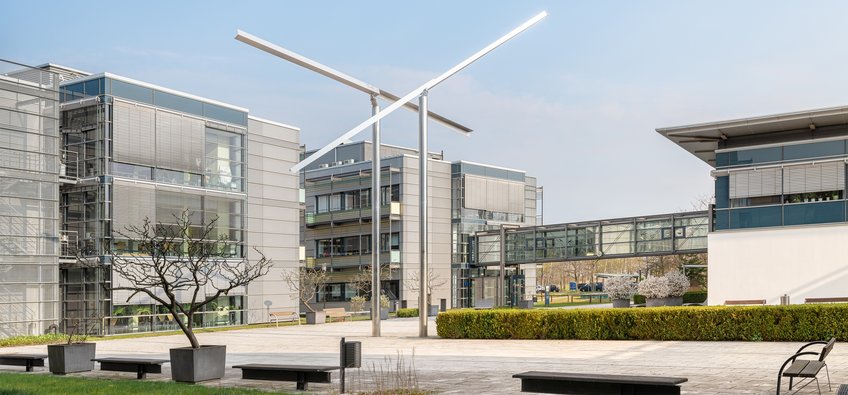
Max Planck Institute of Molecular Plant Physiology
The Max Planck Institute of Molecular Plant Physiology is engaged in the study of plant cells, tissues and organs. The researchers want to find out how the uptake of substances interacts with the build-up, storage, transport and mobilization of plant metabolites. Furthermore, the institute's research focuses on the interactions between the genomes of mitochondria and chloroplasts and the one of the cell nucleus, as well as on the investigation of epigenetic processes in plant reproduction. The researchers also aim to understand the influence of environmental factors on plant growth and development.
Contact
Am Mühlenberg 114476 Potsdam-Golm
Phone: +49 331 567-80
Fax: +49 331 567-8408
PhD opportunities
This institute has an International Max Planck Research School (IMPRS):
IMPRS for Molecular Plant ScienceIn addition, there is the possibility of individual doctoral research. Please contact the directors or research group leaders at the Institute.









